Posted on 7/28/2016
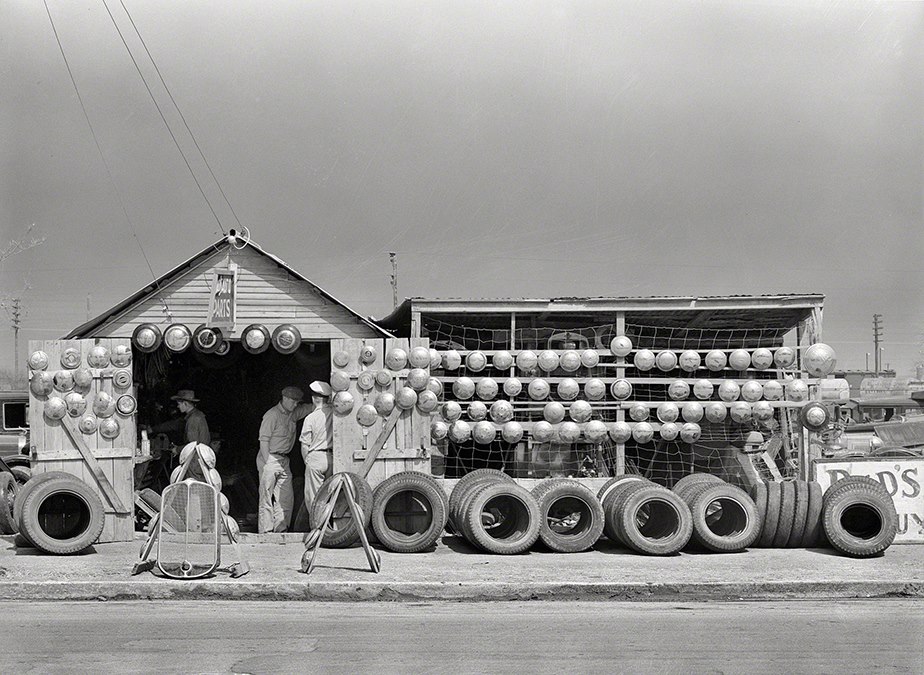
The tire is such a commonplace item -- it's on every car, every truck, every bicycle, every aircraft. It's easy to not give the tire a second thought, but like every other technology, the tire has an interesting history of advances and failures. In the 19th century, carriages and wagons used steel strips for "tires" on their wheels, with the punishing sort of ride that you'd expect. In later years, they were shod with strips of natural rubber, which was an improvement but was still problematic. Solid rubber still rode pretty rough, and the natural, uncured rubber would get gummy in hot weather and shrink and harden in cold temperatures. Charles Goodyear was able to help with the invention of vulcanized rubber, but the modern tire was still several years off. By the 1880s, the bicycle was becoming much more popular, and in 1888 Scottish engineer John Dunlop was watching his son struggle with the bone-shaking ride of his tricycle. He then devised the first-ever air-filled ... read more
Posted on 7/14/2016
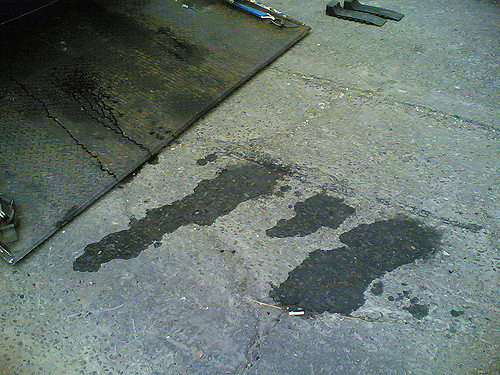
You go out to your car, start it up, pull out of your parking space and see a puddle of...something...where you were parked a moment ago. This is never a good feeling. What could it be? Fortunately, some automotive fluids are dyed different colors to make this a little easier to narrow down. Does it appear to be water? Were you recently running your A/C? Chances are that's just condensation from the A/C system, which drips out through a rubber tube and is perfectly normal. No worries there. For years, antifreeze was dyed a bright green to make it easy to identify. Today, other antifreeze formulations can be colored pink or orange, but it's still not hard to figure out -- antifreeze has a sweet-ish, unmistakable smell due to its ethylene glycol content.Gasoline is a pale yellowish or orange color, and also has a distinct smell that you'll recognize right away. Gasoline evaporates quickly and may feel cool on your finger if you dip it into the puddle. It's also, of course ... read more
Posted on 6/30/2016
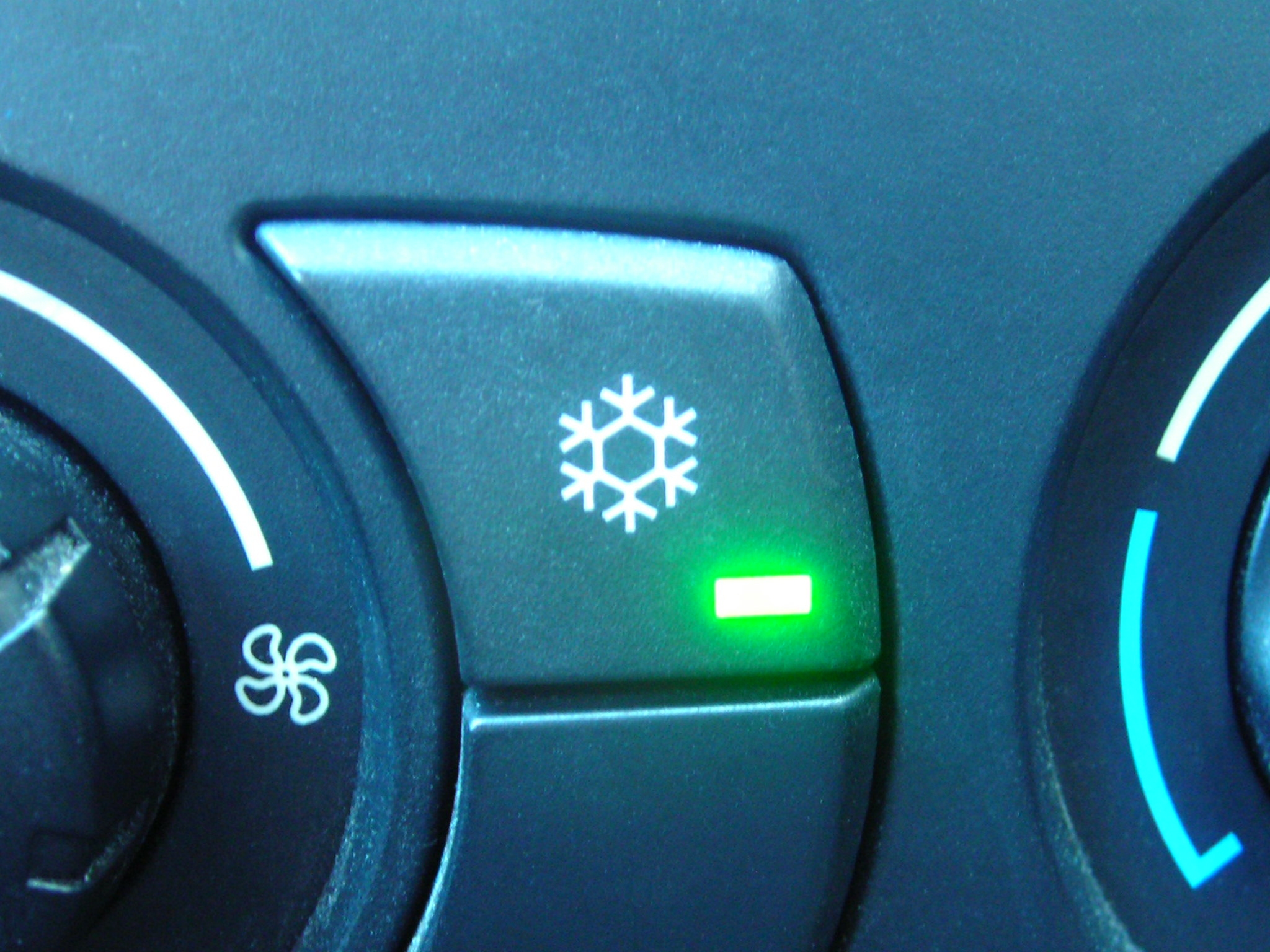
Believe it or not, the A/C system in your vehicle is fairly simple in principle and design. Like your refrigerator, it operates on a cycle of compression and expansion of a gas, known as refrigerant. The compressor turns the gas into a liquid, and as the gas evaporates it provides cooling. Like your refrigerator, its main components are: Compressor Condenser Receiver/dryer Thermostatic expansion valve Evaporator Refrigerant Blower The good news is most automotive A/C systems have become very robust and reliable compared to cars from a generation ago. Most of the time, poor performance is due to low refrigerant levels due to leaks in the system around the O-rings, gaskets, seals, and lines (which can all dry out and shrink). Low refrigerant can mean other problems though. Since refrigerant contains oil which lubricates the compressor, low levels of refrigerant can mean an overheated compressor sending tiny shards of metal through the rest of the system to wreak havoc ... read more
Posted on 6/16/2016
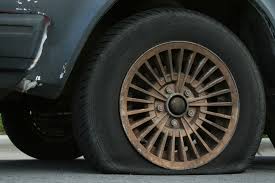
Nobody ever looks forward to a flat tire, and nobody ever says "well, that was a really good time" after having one. You can at least minimize the damage to your tire and danger to yourself, though.Flats vs BlowoutsIf you get a blowout, you'll know about it right away. Sometimes the tire can fail dramatically, with a bang as loud as a shotgun going off. Other times, it might just be a loss of air and a sudden change in your car's handling, followed by vibration, noise and a pull to one side. If it's a front tire that fails, your car might be a real handful to drive until you can get to a stop.In either case, your first job is to pull off the road as quickly (but safely!) as you can. Don't jam on the brakes or make any sudden moves, just get over to the shoulder and the flattest, hardest surface you can find.Turn on the emergency flashers and set the parking brake. Locate the jack and tire wrench, remove the wheel cover and break loose the lug nuts with the wrench. Find the proper spot ... read more
Posted on 5/26/2016
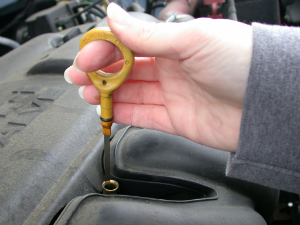
At one time, there were only a couple of choices for motor oil. Today, that is no longer the case, and hasn't been for quite some time. Here's a quick breakdown of what you need to consider when it's time for an oil change: Viscosity: Viscosity is how thick your oil is, and how it retains its pour properties at various temperatures. In this respect, synthetic oil is far superior. Conventional oils will thicken in cold weather and thin out when very hot, while the viscosity of synthetic is much more uniform. Check your owner's manual -- many newer models require a thinner, lower-viscosity oil, which also helps the engine run more efficiently. Viscosity is expressed as a numerical value -- the lower the number, the thinner the oil. Many are designed to work at various viscosities, i.e. a rating like 5W-30. Premium Conventional Oil: For most vehicles, premium conventional oil is just fine. Conventional oil does a good job of protecting engine parts from wear and overheating, and is availa ... read more